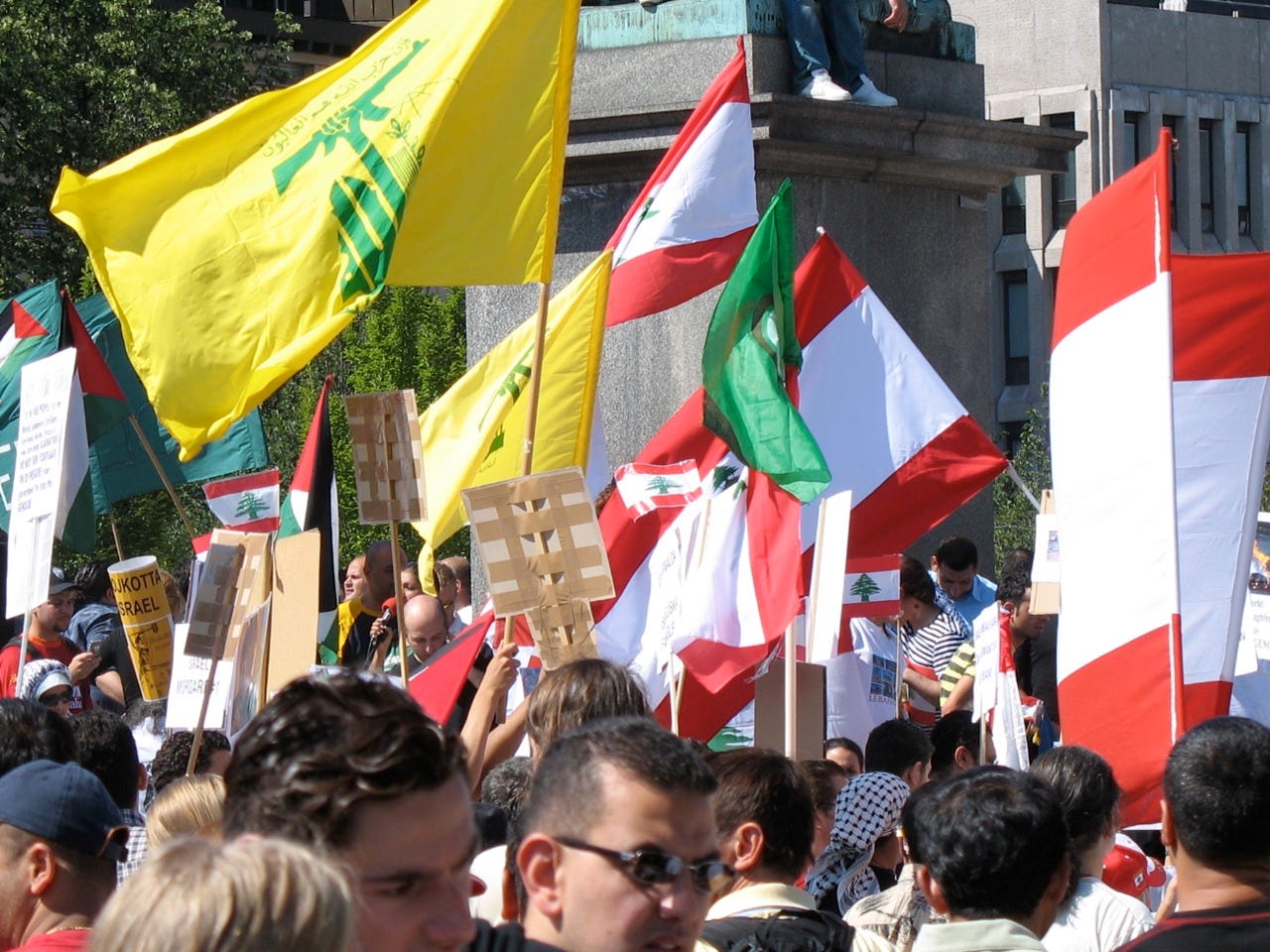I am many things: disgruntled and conflicted American, liberal patriot, proud Jew, and expert pancake maker—among other compound nouns. And while I have finally perfected the art of the quintessential American breakfast staple, I now find my patriotism and Jewishness in desperate need of attention.
The now-politically hijacked “p-word” runs deep in my mostly liberal family. At a young age, I learned I was a member of D.A.R. (Daughters of the American Revolution), which felt like a unique yet confusing distinction for a kid who also happened to come of age in the D.A.R.E. era. My paternal grandma’s family has been in the U.S. for centuries, and my grandma, as with all of my grandparents, lived their lives with what I like to call quiet patriotism.
The Jewish part of my identity from my mom’s side runs deep, too: the Jewish concept of tikkun olam—to repair the world—is ingrained in me just as much as my stubbornness, strong opinions, and ability to give hugs that nearly squeeze the recipient to the brink. It’s what has led me to volunteer to teach ESL to immigrants and refugees, to serve as a career mentor for Afghan SIV immigrants, and to try my best to call out racism and other forms of bigotry when I encounter it, even though I still fall short. Most of the time, though, my Jewishness is simply the bagel-shaped compass that silently guides me, helping reroute me when I’m emotionally adrift.
These two parts of me, patriot and Jew, existed in parallel for most of my life on a subconscious level. It wasn’t until the aftermath of October 7, 2023, that my love of country (despite its many imperfections) and my Judaism (perfect, minus the gefilte fish) felt like they had inadvertently collided in a desperate attempt to reinforce the other.
It only took a few days after that live-streamed pogrom in Israel for me to question what I had naively taken for granted my entire life: my safety as a Jew in the U.S. and trust in my fellow Americans. The silence after October 7 was deafening – I turned to Instagram to shame my small audience into saying something, anything. I now fully comprehend how the Holocaust was able to happen: something that was not on my Bingo card for 2024.
Meanwhile, as the war continued to rage on, the protests, encampments, and Nazi-like “Zionist checks” on college campuses were incredibly alarming. It’s clear the tides are changing: Gen Z is riding a wave of outrage that, I believe, took off with the murder of George Floyd in May of 2020 (and rightfully so), perhaps with a dash of pandemic lockdown boredom sprinkled in. However, the binary blueprint of oppressed v. oppressor, at least as Americans understand it, doesn’t quite reflect the realities of Israel/Palestine or the Middle East more broadly.
The intellectual laziness that presents as intellectual superiority gets to me. I hold progressive values. I believe that we should acknowledge and correct the wrongs we’ve committed as a country, whether it’s systemic racism or our less-than-stellar post-9/11 foreign policy. But I also understand that we can’t simply swing the pendulum of American mistakes so forcefully in the opposite direction that we end up cultivating similar perilous conditions for minority groups in the U.S. (in this example, Jews) or abroad (re: Jews, Druze, Kurds, Yazidis, Hazaras, Christians, etc.)
I believe most Americans don’t understand the unrelenting nuance of Israel/Palestine, and I’m no expert, either. But I do know that the most hot-button issue of our lifetime isn’t digestible in the form of a Tweet and that the conflict isn't going to be resolved with far-left activists waving Hezbollah flags.
I am deeply concerned for the future of my country. I want it to be a safe place for my Jewish children and all American children. And I want it to be a nation that upholds our democratic values, not just by ensuring that our votes will indeed count again in four years but also by ensuring that each of us is protected and valued, regardless of ethnicity, race, or religion.
So, in the words of everyone’s favorite desert navigator, Moses, I ask anyone who is cheering to ‘globalize the intifada’ or hoping to upend the country’s democratic norms, I ask: “Let my country go!” (But in less than 40 years, please.)
You can read more of AJ Bonasin’s work at
.


